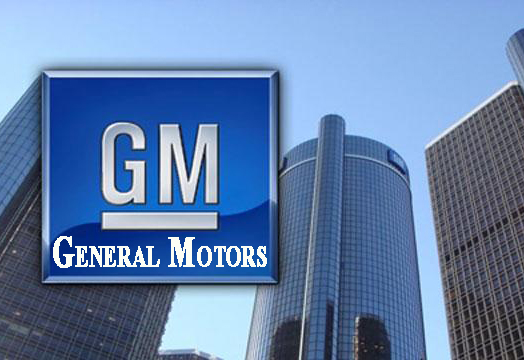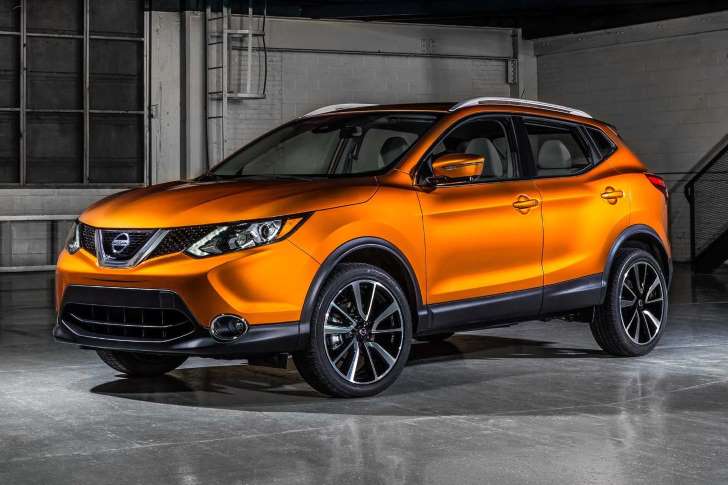Now Reading: General Motors plans self-driving cars in U.S. cities in 2019
-
01
General Motors plans self-driving cars in U.S. cities in 2019
General Motors plans self-driving cars in U.S. cities in 2019

General Motors set out its vision for self-driving vehicles on Thursday, informing investors it prepared a commercial launch of fleets of completely autonomous robo-taxis in several dense metropolitan environments in 2019, in a challenge to competitors such as Alphabet Inc’s Waymo.
Highlighting the possible opportunity ahead, GM President Dan Ammann informed investors the lifetime revenue generation of one of its self-driving cars might eventually be in the “numerous hundred thousands of dollars.” That compares to the $30,000 on average that the automaker collects today for one of its vehicles, mainly derived from the initial sale.
General Motors – which views electric and autonomous automobiles as the keystones of future transport – has been focused on presenting self-driving vehicles since its estimated $1 billion acquisition of start-up Cruise Automation in 2016 that provided a toehold in the nascent market.
Automakers and competitors such as Waymo and Uber Technologies Inc have poured billions into the competitive industry, with each one wanting to get first-mover benefit. Robo-taxi services are viewed as the main use for a lot of self-driving vehicles, consisting of GM’s Chevrolet Bolt.
“If we continue on our present rate of change we will be ready to deploy this innovation, in big scale, in the most complicated environments, in 2019,” Ammann stated.
Safety, Ammann said, will eventually be the deciding aspect on when to take the driver from the vehicle.
General Motors has enjoyed a recent rise in its share rate, as investors bet on its plans for self-driving and electric cars, although the company’s revenue is driven completely by demand for trucks and SUVs in North America, and its increasing sales in China.
Stay Informed With the Latest & Most Important News
Previous Post
Next Post
-
 01Polestar Boss Says It’s Time To Outrun BMW M And Mercedes-AMG
01Polestar Boss Says It’s Time To Outrun BMW M And Mercedes-AMG -
 02Spy Shots: 2027 Mitsubishi Pajero Spotted in Testing Ahead of Possible U.S. Return
02Spy Shots: 2027 Mitsubishi Pajero Spotted in Testing Ahead of Possible U.S. Return -
 032026 Toyota Hilux EV: A Powerful Truck with Silent Torque
032026 Toyota Hilux EV: A Powerful Truck with Silent Torque -
![2027 Mercedes-Benz S-Class Debuts with V8 Engine [Photo Gallery]](https://speedlux.com/wp-content/uploads/2026/01/2027-Mercedes-Benz-S-Class-33-155x125.jpg) 042027 Mercedes-Benz S-Class Debuts with V8 Engine [Photo Gallery]
042027 Mercedes-Benz S-Class Debuts with V8 Engine [Photo Gallery] -
 052026 Corvette ZR1 Production Surges Past Expectations as Output Clears 1,000 Units
052026 Corvette ZR1 Production Surges Past Expectations as Output Clears 1,000 Units -
 06Spy Photos: VW ID. Polo GTI Goes Electric with 223 HP and 280 Miles of Range
06Spy Photos: VW ID. Polo GTI Goes Electric with 223 HP and 280 Miles of Range -
 07Hyundai Palisade’s Breakout Year Shows How Quickly the Market Can Turn
07Hyundai Palisade’s Breakout Year Shows How Quickly the Market Can Turn



![2027 Mercedes-Benz S-Class Debuts with V8 Engine [Photo Gallery]](https://speedlux.com/wp-content/uploads/2026/01/2027-Mercedes-Benz-S-Class-33-700x394.jpg)












































